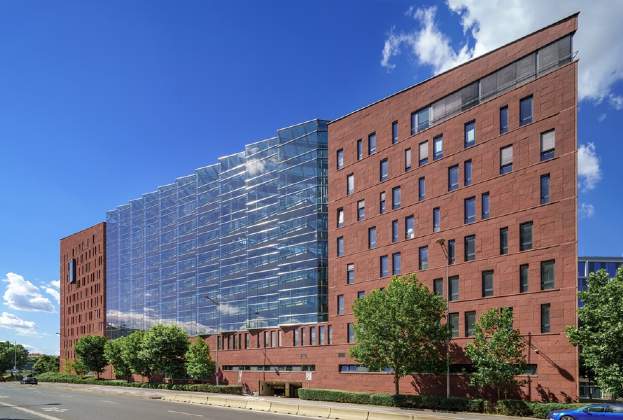The coronavirus pandemic has effectively shut the real estate investment market, forcing many landlords to hold assets for longer than they had envisaged. A planned preventative maintenance (PPM) programme could help property owners manage this uncertain and potentially costly period.
Put simply, planning maintenance through a PPM programme can do more than merely preserve a building or asset; it can also deliver significant financial benefits, recovering and reducing costs through planning efficiencies and economies of scale.
PPM is a derivative of technical due diligence, sharing about 80% of the methodologies. TDD is an integral component of the due diligence process when buying and owning real estate, providing a clear, transparent and independent description of the actual condition of the property and a mid- to long-term outlook into capital expenditures, all of which can help to minimise risks in the run-up to a property deal. These might be purely physical asset risks as well as commercial risks related to the technical specifications and quality standards chosen. The scope of activities that TDD covers ranges from the current physical and technical condition of the building or site, to the legal condition of the building and compliance with associated permits, to the building’s technical equipment and its condition, service life and anticipated required investment.
With the transactional market currently closed, landlords need to prioritise PPM – a document comprising all the major repairs and replacements that a building might need over a short-term and long-term period, which most importantly allows for unbiased capital expenditure (capex) planning.
To date, PPM has not been commonly used during capex planning by property managers and landlords in the Czech Republic, who question the importance of bringing in a team of planned maintenance specialists to prepare strategies and the implementation of works plans and schedules that map out an optimised approach to tasks and expenditure on a property. Rather, PPM has been a much more common practice in Western European markets such as Germany and the UK.
But the Covid-19 pandemic is radically altering the real estate markets – and will do so for some time to come. For those property owners who find themselves having to hold on to assets for longer than expected, PPM will help with planning preventative maintenance of the fabric of the building and machinery, and provide a good overview of what the building will require and the necessary spend over the extra period that the asset must be held. This is important, because reactive expenditure is often inefficient, costly and wasteful, and can lead to tenants, who are already financially strapped during these uncertain times, demanding rent reductions. Given the uncertainties surrounding Covid-19 and how quickly life and the real estate markets will return to normal, that reactive spending could add up very quickly.
As well as cutting costs, PPM will also prevent the building from degrading and help it achieve its full sale value when, finally, the pandemic subsides and the real estate market reopens.


.jpg)

.jpg)



(1).jpg)
(1).jpg)
(1).jpg)